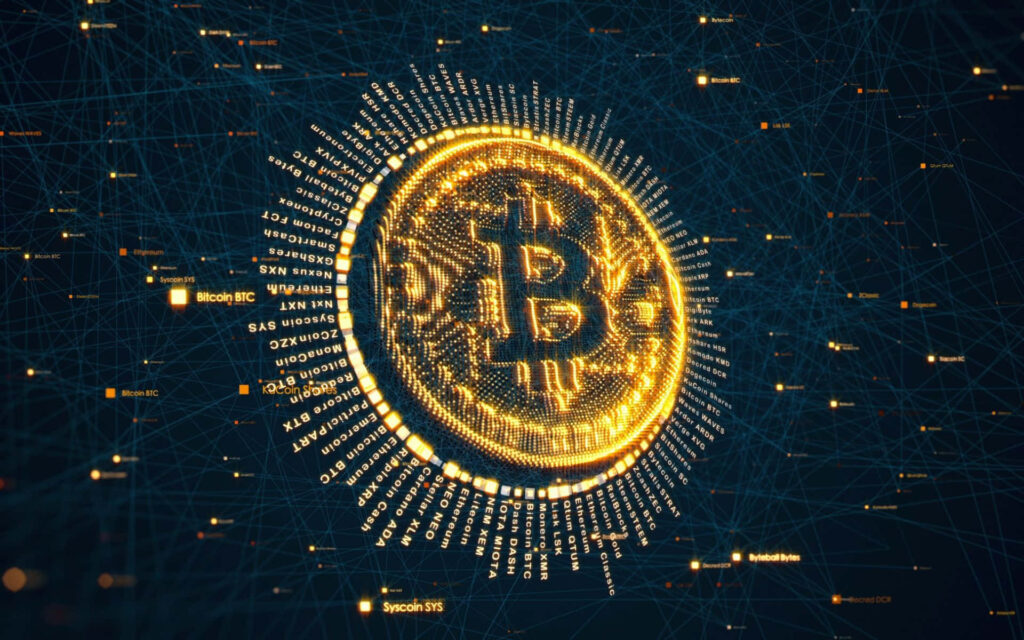New Technologies and Trends: Shaping the Future of Business and Society
The world is rapidly evolving, and with it, new technologies and trends are emerging at an unprecedented pace. From artificial intelligence (AI) and blockchain to the Internet of Things (IoT) and 5G, the landscape of innovation is changing the way we live, work, and communicate. In this article, we’ll explore the latest developments in these areas and their potential impact on businesses and society as a whole.
Artificial Intelligence (AI) and Machine Learning
Artificial intelligence has been touted as the next big thing, and for good reason. AI is transforming industries such as customer service, healthcare, and finance, making tasks more efficient and personalized. Machine learning, a subset of AI, is allowing businesses to fine-tune their operations, predict customer behavior, and create targeted marketing campaigns.
Blockchain and Distributed Ledger Technology (DLT)
Blockchain, the technology behind cryptocurrencies like Bitcoin, is also revolutionizing industries. DLT is being used for secure, transparent, and tamper-proof transactions, supply chain management, and digital identity verification. Its potential applications range from secure online transactions to secure voting systems.
The Internet of Things (IoT) and Edge Computing
The Internet of Things (IoT) is connecting billions of devices, making our lives more convenient and efficient. With the rise of edge computing, data processing is moving from the cloud to the edge, reducing latency and enabling faster decision-making. This technology has significant implications for industries like healthcare, transportation, and manufacturing.
5G Networks and Edge Computing
The rollout of 5G networks is expected to revolutionize mobile connectivity, offering faster data speeds and lower latency. Edge computing will play a crucial role in 5G networks, enabling real-time processing and analysis of data, paving the way for applications like autonomous vehicles, remote healthcare, and smart cities.
Augmented Reality (AR) and Virtual Reality (VR)
Augmented reality and virtual reality are transforming the way we interact with information. AR is enhancing the physical world with digital information, while VR is creating immersive experiences. These technologies have far-reaching implications for industries like education, entertainment, and healthcare.
Biometrics and Identity Verification
Biometric technologies, such as facial recognition, fingerprint scanning, and voice recognition, are becoming increasingly prevalent in identity verification. This technology is transforming the way we access sensitive information, secure our homes, and verify identities.
Cybersecurity and the Dark Net
As new technologies emerge, so do new threats. Cybersecurity is a growing concern, with the dark net and cryptocurrency-based cybercrimes on the rise. It is crucial that businesses and individuals take steps to protect themselves from these threats.
Conclusion
The pace of technological change is accelerating, and it’s essential to stay ahead of the curve. New technologies and trends are redefining industries, transforming the way we work and live. As we move forward, it’s crucial to prioritize innovation, security, and education to ensure a bright and secure future for all.
Recommendation
For businesses:
- Stay informed about the latest technologies and trends.
- Invest in AI, blockchain, and IoT to improve operations and customer experiences.
- Develop a cybersecurity strategy to protect your organization from threats.
- Foster a culture of innovation and continuous learning.
For individuals:
- Stay informed about new technologies and trends.
- Develop skills in emerging areas like AI, data analysis, and programming.
- Be aware of cybersecurity risks and take steps to protect yourself.
- Stay open-minded to new opportunities and challenges.
The future is bright, and by embracing these new technologies and trends, we can shape a better tomorrow.

